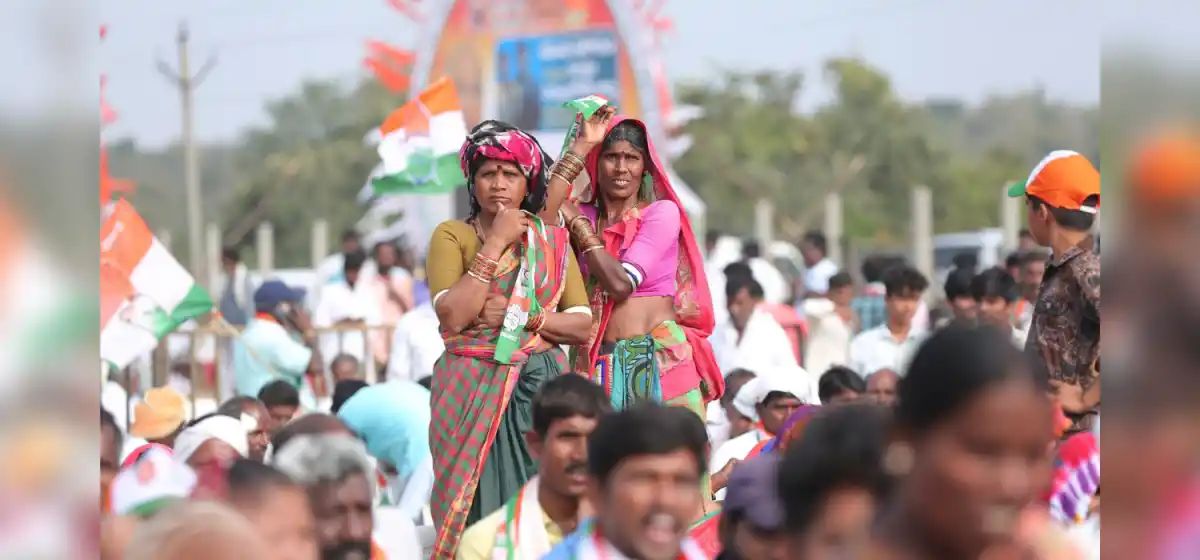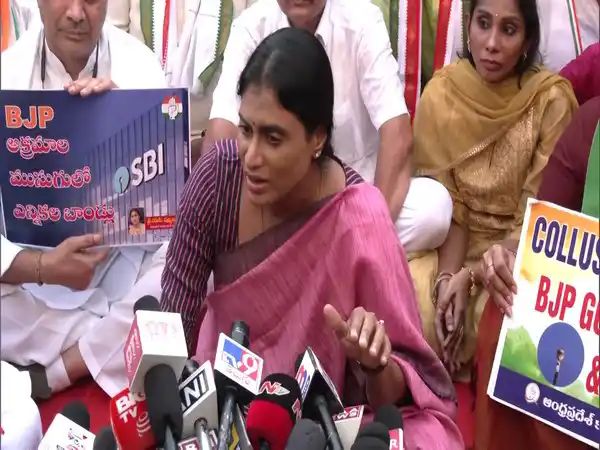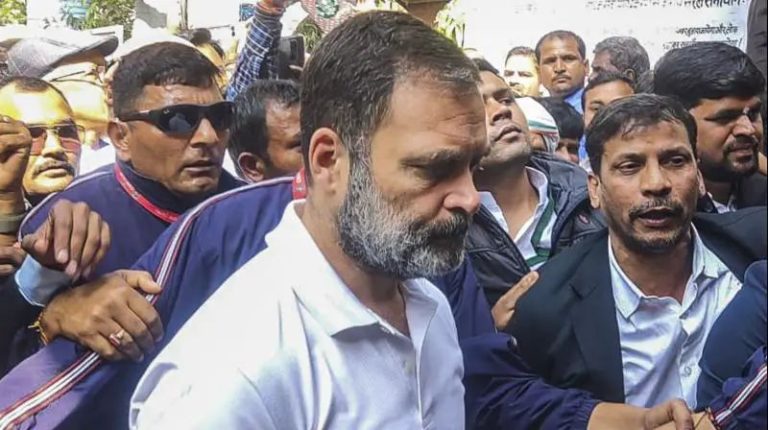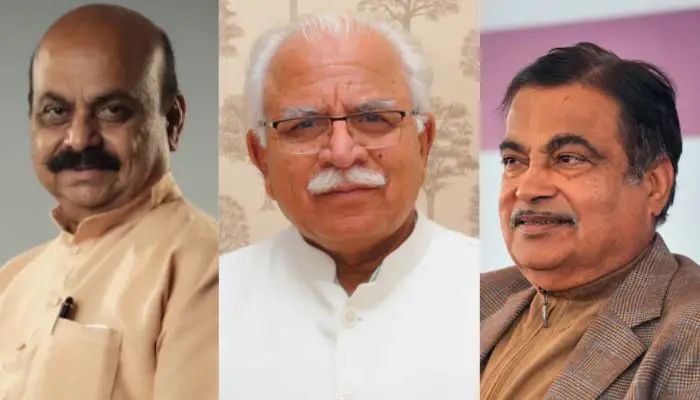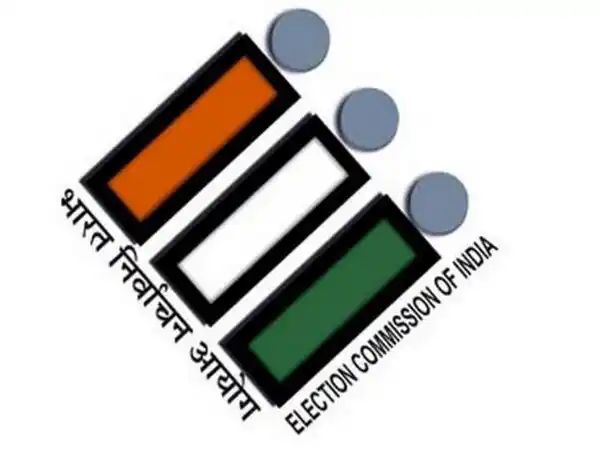Telangana: Why Congress’s Move to Appoint Chairs to State Entities, Form Caste Corporations Is Vital
The government announced a list of selected chairpersons for the 37 entities on March 16, the same day when the election dates for the Lok Sabha polls were announced.
Therefore, the process was halted even before individual orders to each selected chairperson were issued.
This was yet another setback, albeit temporarily, to an ambitious programme of the Congress government which would have placed senior party leaders, who were denied poll tickets, in several caste-based corporations.
The government’s programme to set up finance corporations for 17 caste groups, many of which belong to backward classes, also suffered a setback. These were in addition to the 15 other caste-based finance corporations already in existence.
The cabinet had announced the establishment of 17 corporations much earlier to the release of the list.
This initiative is significant because this is the first time so many castes groups are getting finance corporations. Earlier, these castes used to get loans from umbrella organisations such as BC Corporation or SC Corporation. But now, individual castes have got their own finance corporations.
The election code also brought to a standstill a caste survey proposed to be taken up in the state to identify the socioeconomic and educational standards of various sections. On February 16, the government passed a resolution on the caste census in the assembly and allotted Rs 150 crore for the purpose.
The significance of the initiatives
Among the three initiatives, the appointment of chairpersons for 37 corporations was a significant move by the Congress government to reward its cadre after winning the assembly elections. Nominating individuals to these corporations serves as a crucial mechanism to rehabilitate middle and grassroots-level workers of any ruling party who could not contest elections.
The previous Bharat Rashtra Samiti (BRS) regime had neglected this issue and as a result, many of its cadres were disappointed. The BRS workers’ frustration is evident through their resignationsfrom the party.
A former chairman, who did not want to be named, said the BRS (then Telangana Rashtra Samithi) came to power in 2014 but he got the post only in 2021, despite him being with the party since its inception in 2001. He said he had also spent considerable money from his pocket on the party programmes. He further said that only a handful of chairpersons like Gyadari Balamallu of Telangana State Industrial Infrastructure Corporation (TSIIC) survived in these posts for extended periods with the blessings of then chief minister K. Chandrashekar Rao.
Balamallu served the longest tenure in the post in the BRS government, holding it for seven years until his resignation after the party’s defeat in the assembly polls. But, he was also appointed to TSIIC two years after the government was sworn in.
In comparison to that, the Congress announced the appointments of its workers much earlier. It allocated the chairman post to lesser-known bodies such as Telangana State Oilseeds Growers Federation, Minimum Wages Advisory Board and Telangana Foods. The castes of the appointed persons were also disclosed in the list to ensure transparency in representation across all sections.
Meanwhile, a cabinet meeting, chaired by chief minister A. Revanth Reddy, had sanctioned finance corporations to 17 caste groups belonging to backward classes, Scheduled Castes, Scheduled Tribes and forward castes like Reddy, Vaishya and Kamma. Additionally, the announcement of a special welfare board for the economically backward classes was made.
These announcements were made in addition to the existing finance corporations and federations of cooperative societies for backward class communities identified by their trades like goldsmiths, potters, toddy tappers, washermen, barbers, construction workers, bead vendors, bamboo artisans and stone cutters.
A corporation for backward classes and a separate one for the most backward classes (MBCs) existed even during the BRS government. However, it was confined to paper. The corporations lacked powers and funds. Even their staff wasn’t being paid salaries regularly.
The BRS government had started corporations for Muslim minorities, Christians and Brahmins beside SCs and STs but they too lacked adequate supervision.
Ahead of the assembly elections, the Congress had promised that it would set up finance corporations for all castes belonging to backward classes for their comprehensive development. It had also promised interest and security free loans of Rs 10 lakh for youngsters belonging to backward classes to start small trades. The promises were incorporated in the party’s manifesto for the assembly elections.
Chandrashekar Rao had often promised that his government would strengthen the corporation for MBCs with a Rs 1,000 crore budget. However, these corporations hardly got anything from the BRS government.
The chairman of State Backward Classes Commission V. Krishna Mohan Rao said the demand for caste-based finance corporations was long-pending. The establishment of these corporations won’t make sense if they didn’t strive to extend economic support schemes that improved the living standards of the beneficiaries. He also suggested that the support should help people repay their loans and not come in the form of freebies.
A BRS activist and a former member of State BC Commission, E. Anjaneya Goud, said the BC corporation was the funding agency for all cooperative societies under the BRS government. Emphasising on the significant impact these corporations had, he said that the cooperative societies for sheep rearing and fisheries in irrigation tanks generated huge wealth for village communities.
